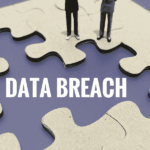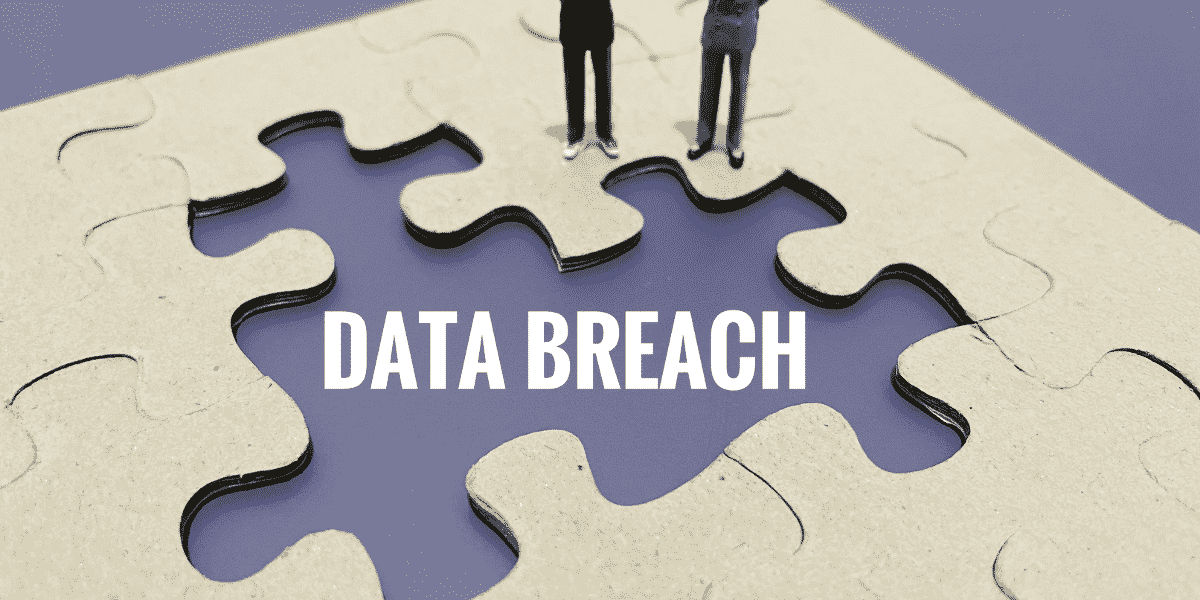Identity theft and data breaches are increasingly common threats to anyone who makes transactions online or shares their information with an online platform. Identity theft has evolved into various forms with fraudsters finding new ways to bypass security systems. Read this blog about data breaches on Facebook & LinkedIn.
A 2019 report put the number of identity theft victims at 13 million in the US. Attacks cost them $3.5 billion out of pocket. The risk of identity theft is higher for those on social media platforms. Identity thieves use automated software to scrape and aggregate public information from social media platforms creating a profile that can be used fraudulently.
327 million users in the recent LinkedIn data breach suffered such an attack. Facebook has recently come under fire over a misreported data breach that affected more than 500 million of its users’ personal information.
It seems we’re all at risk of having our data “pwned” in a breach or getting hacked. How can you protect yourself as a consumer? To better protect yourself from a data breach, you need to know what you’re up against.
The Most Common Types of Identity Theft Online
-
Account Takeover
Account takeover occurs when someone gains access to your accounts and takes control of them without your knowledge or consent. They can transact and withdraw funds just as you would.
-
Debit and Credit Card Fraud
This type of fraud occurs when someone makes unauthorized transactions using your card. They don’t need your physical card, the card number, pin, and security code are sufficient to do damage and even attempt hacking your other accounts.
-
Online Shopping Fraud
This is most common when using public WIFI. Scammers will pose as fake merchant websites to collect your payment information when you check out.
-
Mail Fraud
If your mail is intercepted, sensitive personal information like social security numbers can be acquired. Be vigilant and spot if any in mail statements you have subscribed to fail to arrive.
-
Tax Identity Theft
Fraudsters file tax returns using your personal details and then keep your tax refunds. This type of identity theft has been on the uptick due to the new programs related to COVID-19 such as the direct stimulus check and tax due date extensions.
-
Senior Identity Theft
Senior citizens are particularly prone to identity theft scams. Scammers get senior citizens to divulge personal information by pretending to call from the IRS or Social Security Administration.
Often their social security numbers are used to create fraudulent profiles and take out lines of credit.
-
Medical Identity Theft
This occurs when someone poses as you to get medical care in your name. You will get extra charges on medical services you didn’t use or your medical insurance premiums go up inexplicably.
-
Signs of Identity Theft
These warning signs can be spotted through regularly monitoring your credit report and finances.
- Strange transactions on your debit or credit cards
- Credit card bills and statement fail to come in the mail without you opting into paperless billing
- Your credit score going up or down inexplicably without any different actions on your part
- Unrecognized social security number in your records
- Rejected electronic tax return
- Receiving an unrequested tax transcript
- You’re denied a credit card application or loan with no known reason
- New accounts and credit cards in your name that you didn’t apply for
- Debt collector calls about unknown accounts
- Inaccurate medical records
How To Check If My Identity Has Been Stolen
Here are the signs to look out for if you suspect that you’re a victim of identity theft.
- Check your credit card bill and bank account statements often and report any discrepancies immediately no matter how small.
- Run your credit report or register for a credit monitoring service that can do it for you. Data breaches may affect your credit score.
- Monitor your finances closely can help you spot trial transactions by identity thieves
- Use trusted data leak check tools like HIBP or the one by Cybernews to verify if your email address, phone number, and domains have been in data breaches.
Here’s some more information on how to detect identity theft.
What To Do If Your Identity Is Stolen
- The first step is to report the instance of identity theft immediately to the relevant organizations such as your bank or credit card issuer. Have them cancel the cards and issue new ones. Most importantly, freeze your credit with the credit bureaus to make sure more damage can’t be done.
- Change account details associated with the cards such as usernames, pins, and passwords.
- File a police report and check out FTC’s identity theft site to report the identity theft and get a recovery plan.
- Regularly review your credit report. US citizens are entitled to one free credit report per year.
- Request the removal of the fraudulent activity from your credit report. You can also dispute
- Set up a fraud alert that has multiple-factor authentication before processing a new application. You can also freeze your credit which will bar any new applications. It will make credit applications more complicated for you but is well worth the hassle.
How To Protect Yourself From Identity Theft
It’s better to be proactive rather than waiting to mop up the mess after a data breach or identity theft attack. Here are safety measures you can apply:
- Use strong passwords with two-factor authentication or sign up for secure password managers like 1Password.
- Never share personal information over the phone since legitimate organizations will never call to ask you for these details
- Only use trusted WiFi networks especially when banking or shopping online.
- Check your credit report regularly and monitor your finances for discrepancies
- Keep your social security card in a secure place, never in your wallet.
- Review healthcare and insurance notices for any suspicious activity or dates that don’t add up
- Protect your mail by shredding any personal information. Monitor your mail to make sure no notices or bills are missing.
- Be mindful of anyone looking over your shoulder as you enter sensitive information.
The best way to combat identity theft is a combination of robust passwords and caution in your online transactions. Constantly monitor your credit report, your finances, and insurance notices to catch the fraud early.


